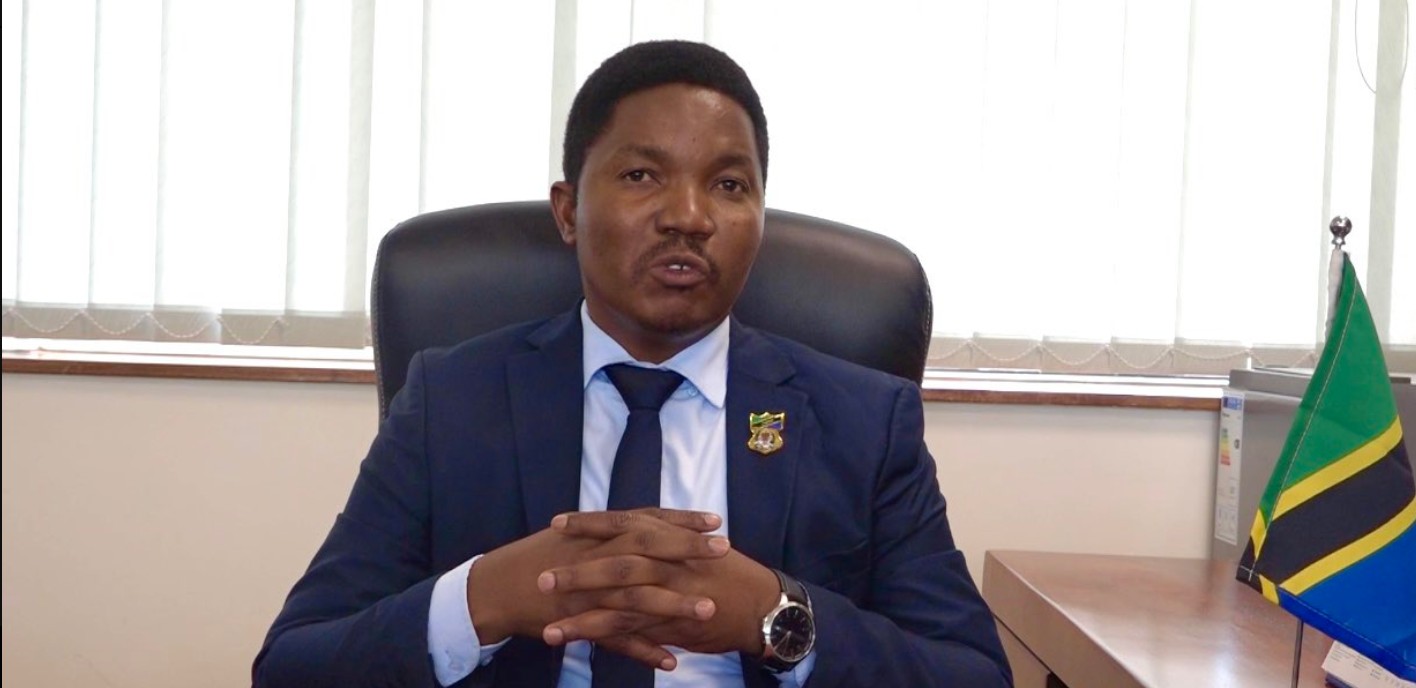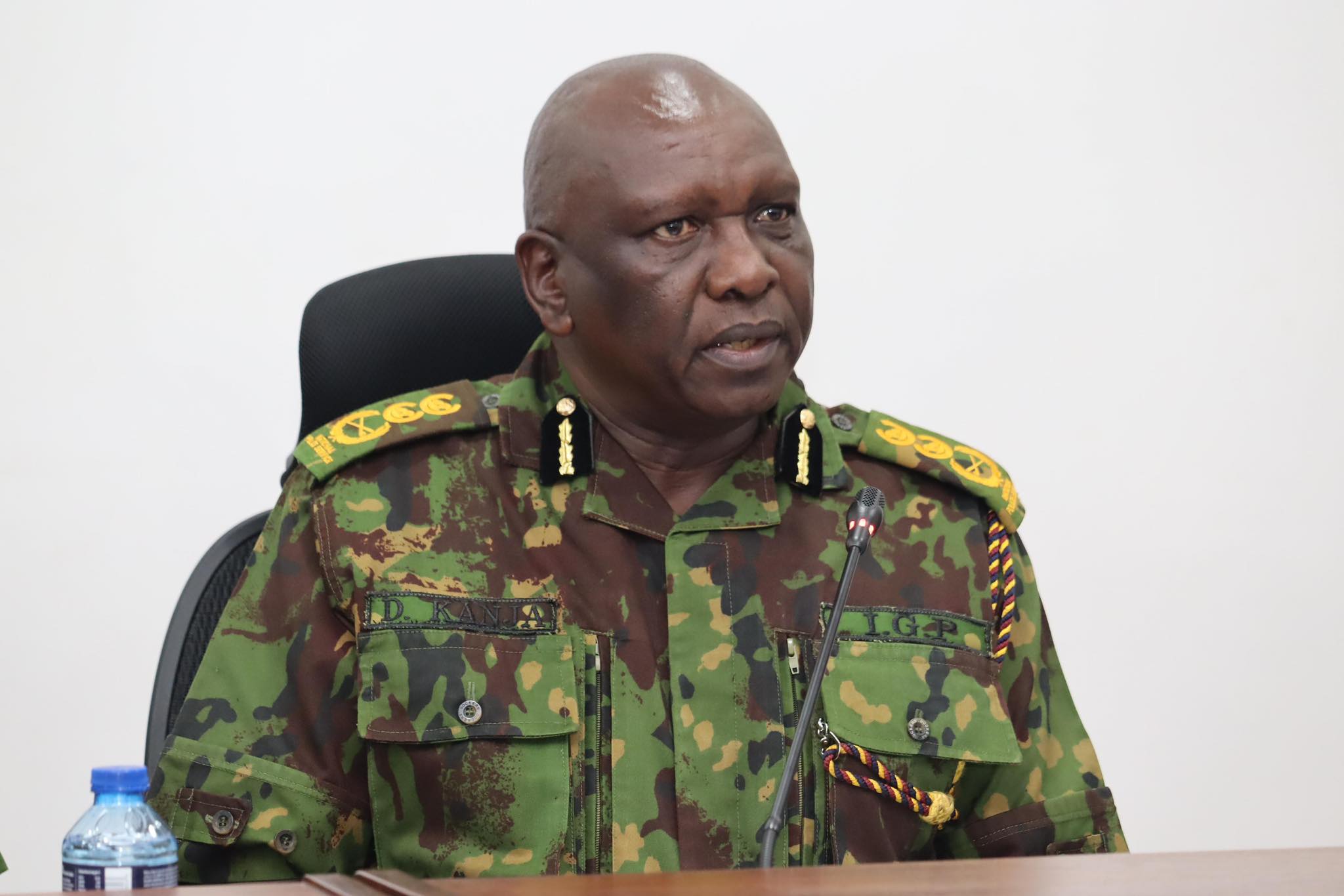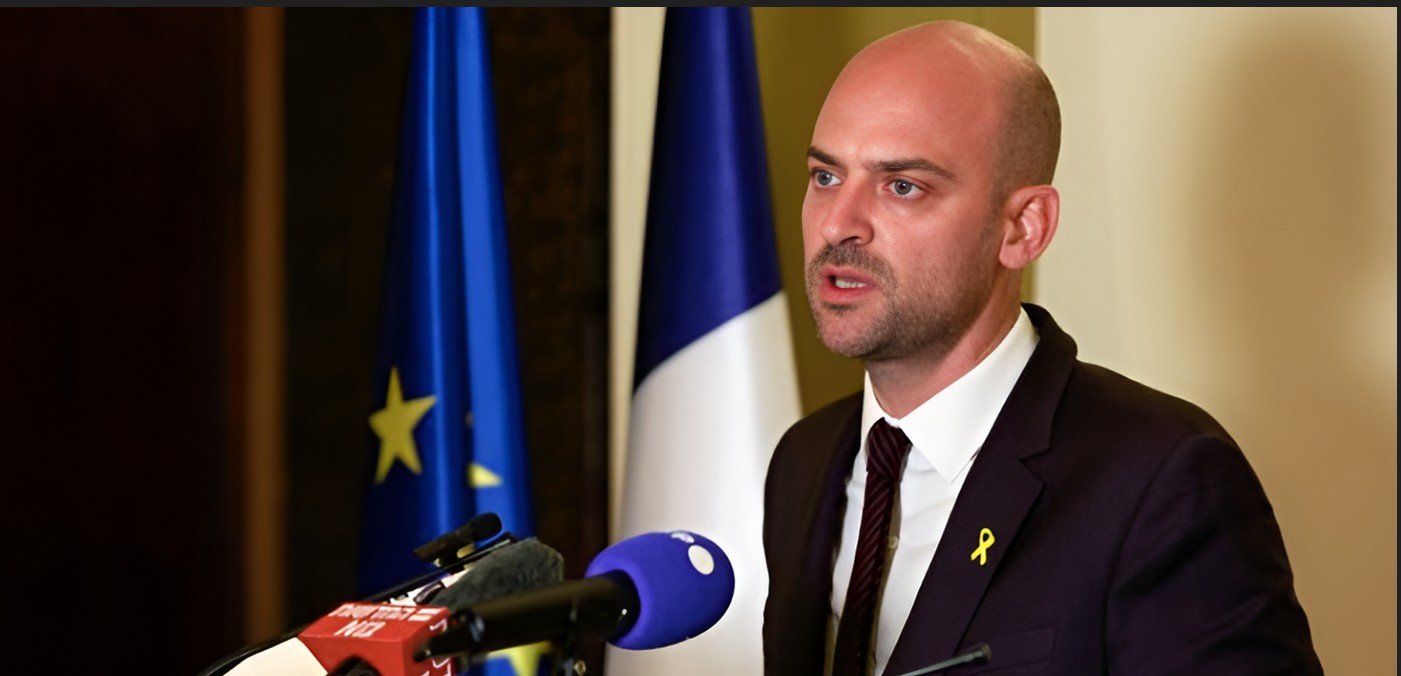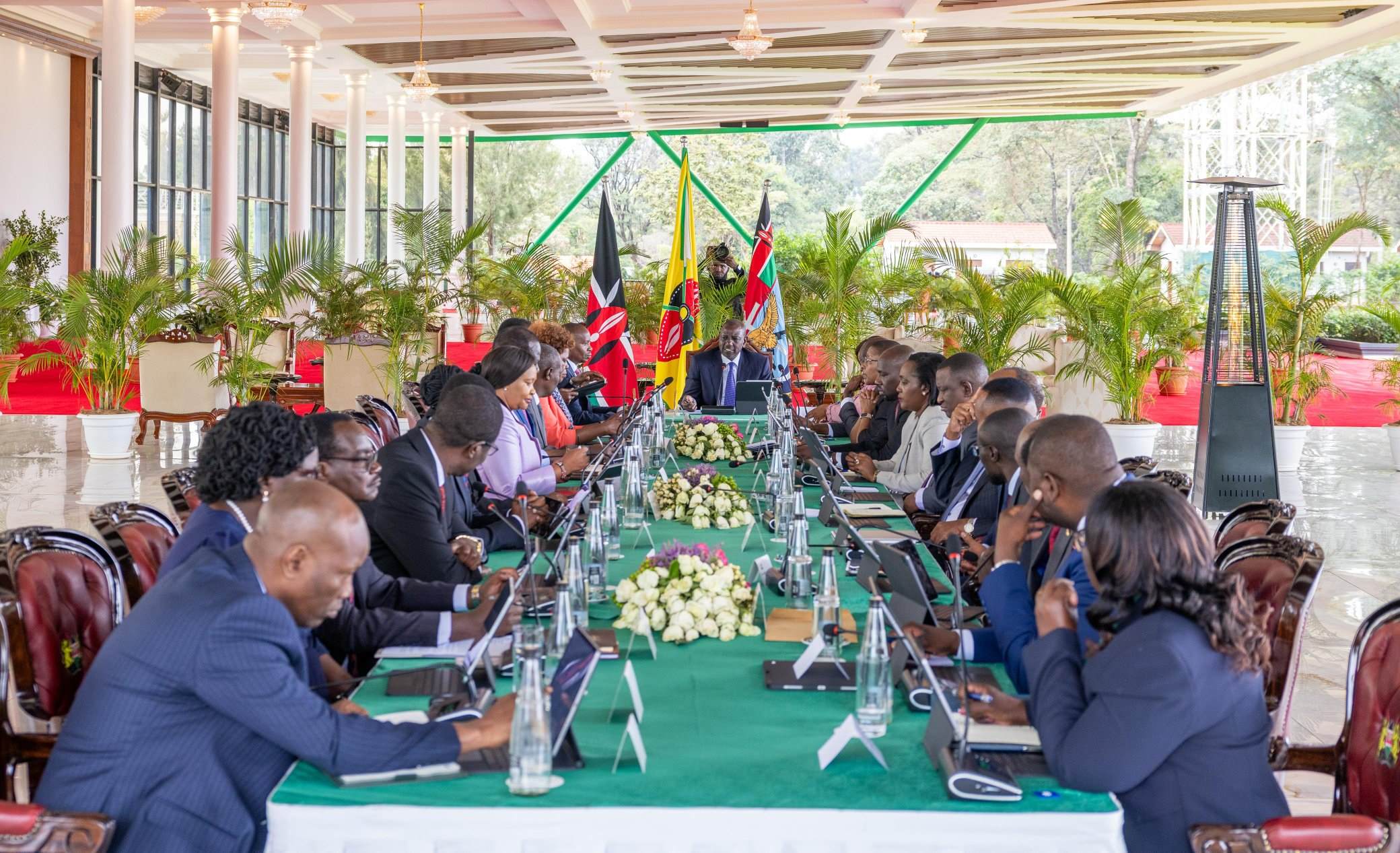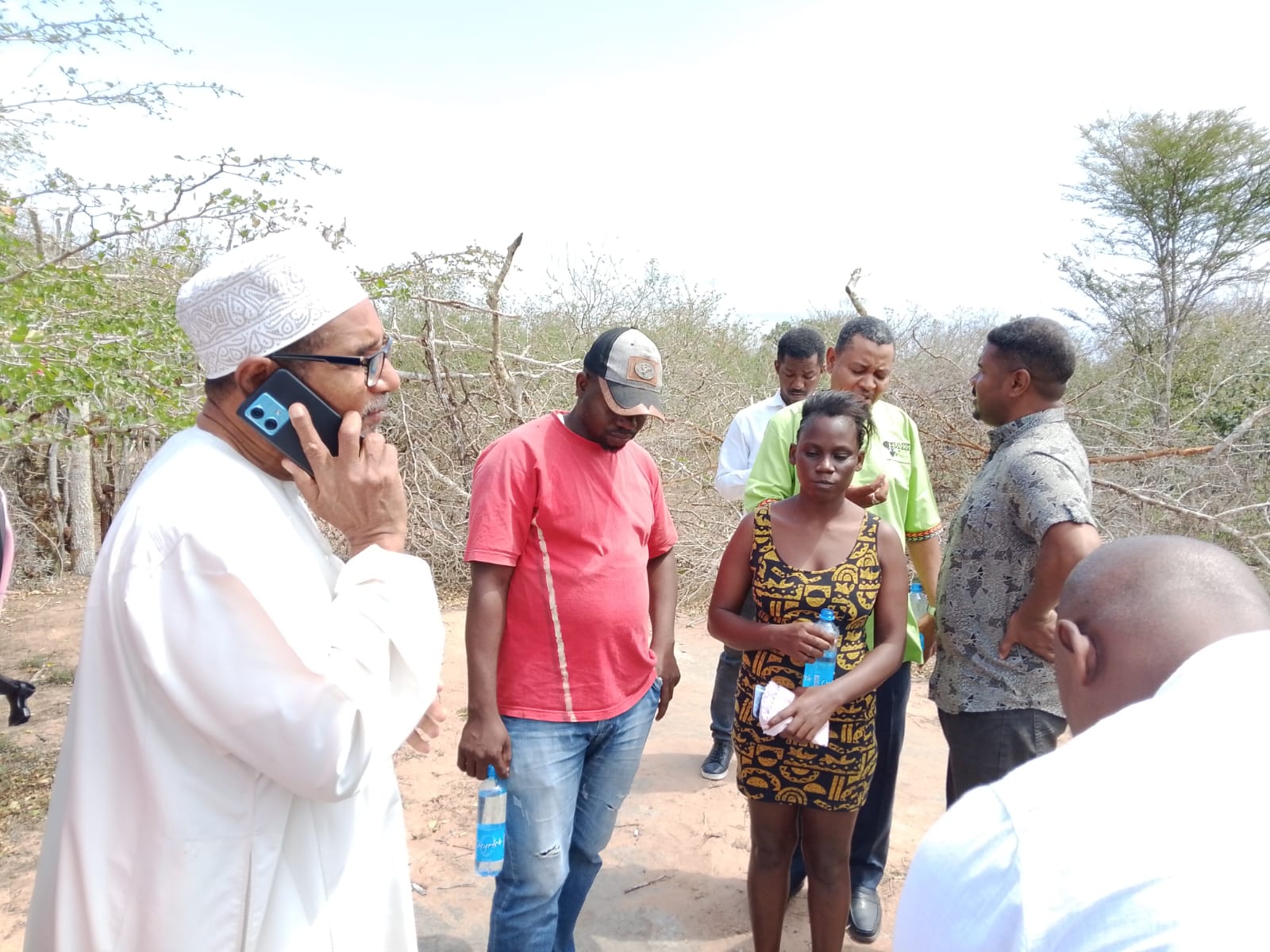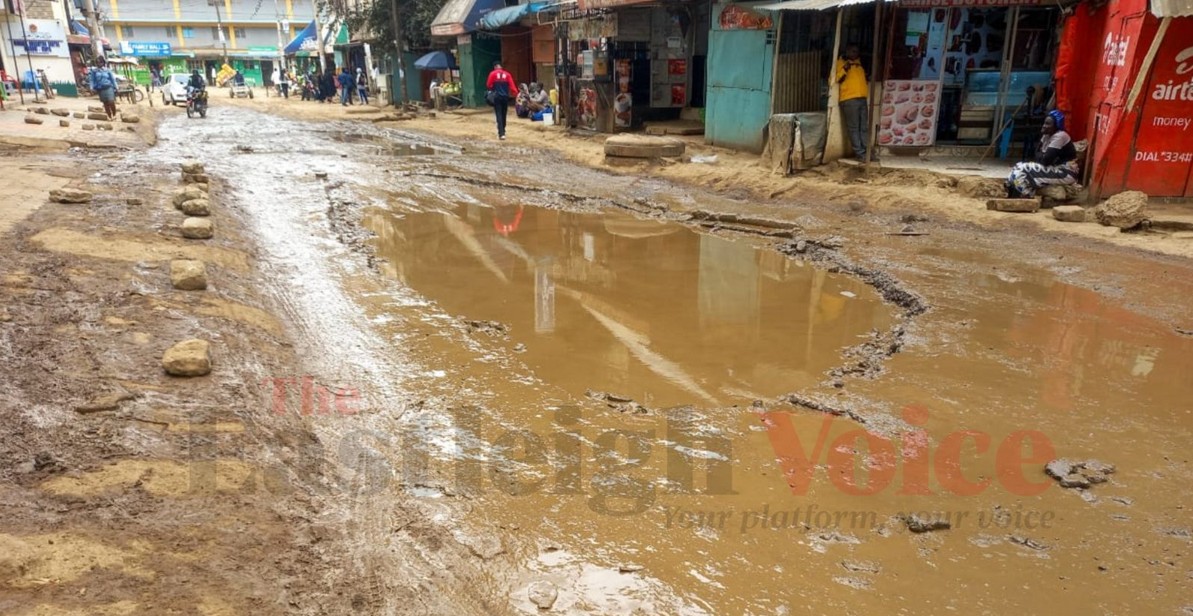Auditor General Nancy Gathungu lays bare financial, governance crisis at NYS

NYS' financial stability is in doubt after it recorded liabilities equal to its total assets at Sh3.3 billion, and posted a negative working capital of Sh550.2 million, excluding Sh16.4 billion in long-standing pending bills, most of which are still under probe.
The National Youth Service is facing an institutional meltdown, with a new audit exposing extensive mismanagement, financial irregularities, and governance failures, placing Public Service Cabinet Secretary Geoffrey Ruku at the centre of a critical turnaround effort.
The audit by Auditor General Nancy Gathungu for the year ending June 30, 2024, reveals massive gaps in accountability at NYS, including missing land records, abandoned projects, and billions in unsupported balances.
More To Read
- KNEC diverts rent savings to revive Mitihani House project whose construction started in 1986
- Auditor General blames underfunding for Kenya's poor global audit ranking
- Judiciary paid Sh14 billion in staff compensation without records for 2,180 employees - Auditor General
- Auditor-General exposes widespread waste, irregularities in government spending
- Auditor General raises alarm over lack of legal backing in Huduma Kenya operations
- Report recommends granting punitive powers to Auditor-General and Controller of Budget
The agency’s financial stability is in doubt after it recorded liabilities equal to its total assets at Sh3.3 billion, and posted a negative working capital of Sh550.2 million, excluding Sh16.4 billion in long-standing pending bills, most of which are still under probe.
Of the pending bills, only Sh5 billion has been verified by the multi-agency committee. The rest, Sh10.9 billion, is being held by investigative authorities.
The audit raises serious concerns that NYS may not meet its basic financial obligations without continued government support.
“The service is therefore facing liquidity issues and may not be able to meet its short-term obligations as and when they may fall due,” the report stated.
“In the circumstances, the service’s sustainability of service and meeting short-term obligations is therefore doubtful,” it added.
The institution also reported a financial deficit of Sh211.6 million, a sharp rise from Sh29.3 million the previous year. This points to a worsening trend in NYS's financial performance.
A key concern is the lack of supporting documentation for assets valued at Sh29.5 billion, including land, buildings and equipment.
The audit shows NYS does not have a reliable asset register, tagging system or clear records to track the use or condition of these properties.
The agency’s land portfolio, worth Sh20.2 billion, is also in jeopardy. Out of 58 parcels, only 16 have ownership documents.
The rest, including land in Yatta, Mavoloni, Athi River, Mombasa and Mwatate, are at risk of loss due to encroachment.
The audit flagged the Engineering Unit land in Nairobi and Mombasa, where private developers have already built illegal structures.
“Parcels of land have not been fenced and are encroached. Although management has initiated the process of demarcation of the respective parcels of land, the process has not been finalised,” Gathungu stated.
The report also noted that two plots, Nyaki/laki/kburine and South Ugenya/Rangala, were not listed in the NYS asset register, despite existing title deeds confirming ownership.
In addition, the audit flagged questionable refundable deposits amounting to Sh315.4 million. These relate to youth who took part in a six-month empowerment programme between 2014 and 2015.
While NYS claims to have paid some and is still tracing others, it failed to produce evidence of the payments.
“In the circumstances, the accuracy and completeness of the refundable deposits from customers totalling Sh315,434,595 could not be confirmed,” the report said.
The audit further revealed a Sh742 million adjustment in asset values done without any expert valuations or supporting schedules.
The institution is also burdened by Sh500 million in unpaid trade bills dating back over three years, raising the risk of lawsuits and service disruptions.
Concerns were also raised over inventory worth Sh419.7 million, which was not backed by proper records or survey documents.
The report faulted NYS for violating Treasury guidelines that require pending bills to be prioritised in budget planning.
Auditors highlighted costly delays in projects, including a Sh192 million kitchen and barracks facility in Ruaraka that stalled in 2011 despite most payments being made.
The incomplete buildings have cracks, but no action has been taken against the contractors. Another Sh49 million housing project in the Industrial Area also stalled after contractors disappeared with the money.
At the governance level, the NYS Council, meant to oversee the agency, was found to be dysfunctional.
The report says key posts remain vacant, and some members lack the qualifications needed to handle strategic roles.
Auditors also flagged poor working and learning environments in NYS facilities. Many field stations lack basic infrastructure, and some training classrooms have no electricity.
Firewood remains the main cooking fuel, posing environmental and health risks to service members.
“The workforce may be exposed to frequent physical and psychological effects of an unfriendly working environment,” the report added.
However, CS Ruku has begun efforts to restructure the troubled agency. He has suspended officials, launched investigations into procurement issues, and directed a full review of all tenders issued since 2019.
He has also initiated a plan to amend the NYS Act and update its procurement manual to ensure compliance with the law.
“We are reorganising the institution. A commercialisation strategy is at an advanced stage in readiness for rollout,” the CS said. He disclosed that NYS plans to double its intake to 40,000 starting in January.
Top Stories Today
